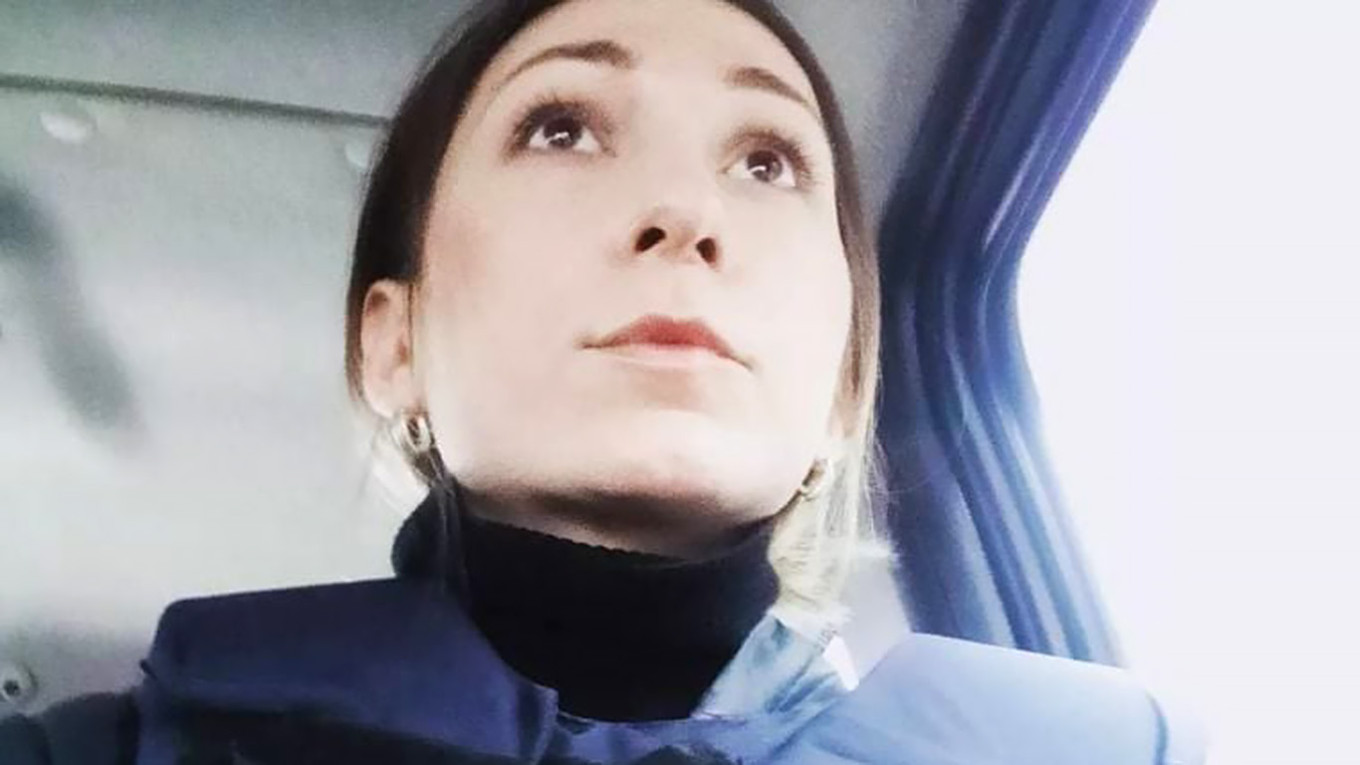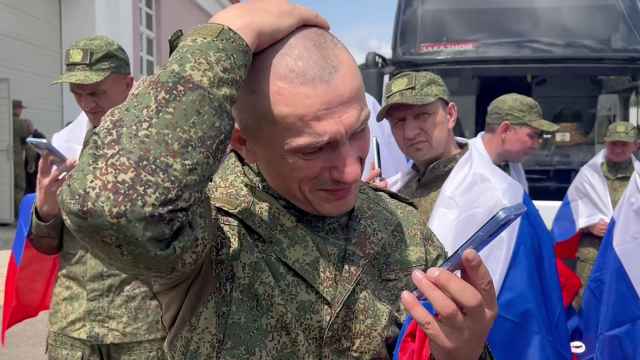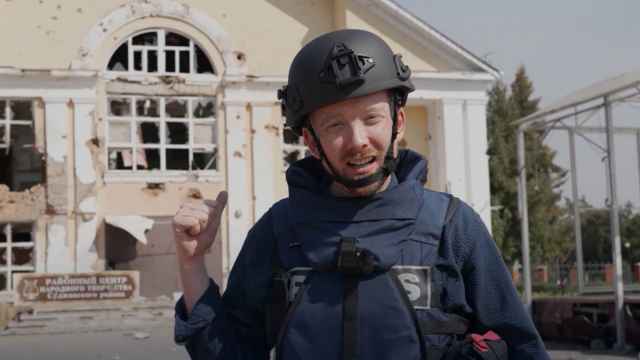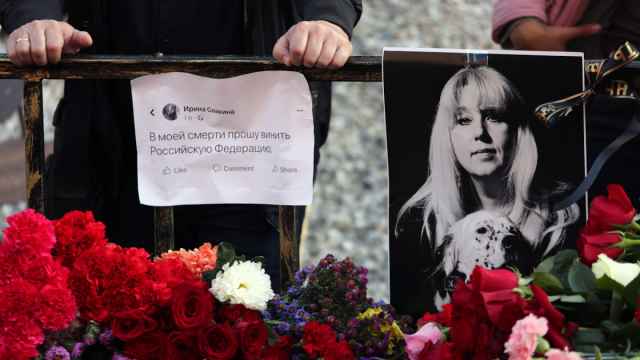A Ukrainian journalist who was captured by Moscow while reporting from occupied east Ukraine has died in Russian detention, a Ukrainian official said Thursday.
Victoria Roshchyna, who would have turned 28 this month, disappeared in August last year after traveling to Russian-held east Ukraine for a report.
She remained missing until April 2024, when her father received a letter from Moscow's Defense Ministry saying she was being held in Russian detention, according to Ukraine's main journalist union.
The circumstances of her arrest were not made public and it was not clear where she was being held inside Russia.
"Unfortunately, information about Victoria's death has been confirmed," said Petro Yatsenko, a spokesperson for Ukraine's Prisoners of War Coordination Headquarters on Thursday.
"It is too early to talk about the circumstances of the death, we are working to establish them," he added.
Press rights group Reporters Without Borders said on social media it was "shocked" by Roshchyna's death and offered condolences to her relatives.
Russian news outlet Mediazona reported she died while being transferred to Moscow from a prison in Taganrog, a Russian port city near the Ukrainian border.
Thousands of Ukrainians opposed to Moscow's rule have been detained in occupied territories since Russia's invasion began in 2022, many of whom face torture at the hands of security forces, according to rights groups.
Ukraine said in May more than two dozen Ukrainian media officials were being held in Russian captivity and that negotiations on their return were underway.
Roshchyna worked as a freelancer for various independent news outlets including Ukrainska Pravda and had collaborated with the Ukrainian service of U.S.-funded media outlet Radio Free Europe.
In 2022, she was awarded the Courage in Journalism award by the International Women's Media Foundation for her reporting from east Ukraine.
A Message from The Moscow Times:
Dear readers,
We are facing unprecedented challenges. Russia's Prosecutor General's Office has designated The Moscow Times as an "undesirable" organization, criminalizing our work and putting our staff at risk of prosecution. This follows our earlier unjust labeling as a "foreign agent."
These actions are direct attempts to silence independent journalism in Russia. The authorities claim our work "discredits the decisions of the Russian leadership." We see things differently: we strive to provide accurate, unbiased reporting on Russia.
We, the journalists of The Moscow Times, refuse to be silenced. But to continue our work, we need your help.
Your support, no matter how small, makes a world of difference. If you can, please support us monthly starting from just $2. It's quick to set up, and every contribution makes a significant impact.
By supporting The Moscow Times, you're defending open, independent journalism in the face of repression. Thank you for standing with us.
Remind me later.






